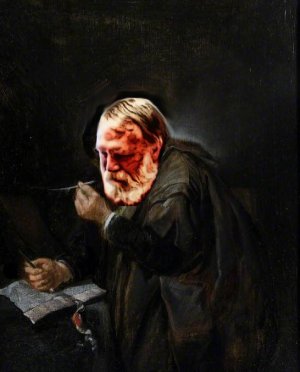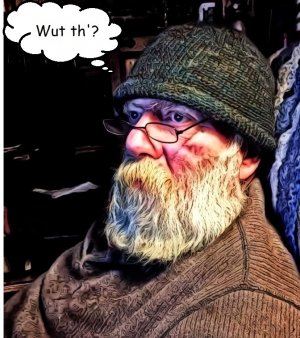i am blessed/cursed with an excellent, tho not quite eidetic (what is popularly known as 'photographic') memory. i'm glad it's not eidetic---i don't need to know phone numbers from 60 years ago, every street address i ever lived at every teacher's name. i have memories going back to between 1-2 years old, both good and bad. Most of the good ones are of being outdoors feeling free, as if on my own--but always under somebody's watchful eye. When i was older i could duck the surveillance and face the consequences later.
@Warrigal said "...but one thing I have not forgotten is how to research and look things up when I need to." My Dad emphasized this when we were kids, that what was crucial was knowing how to get accurate info when you need it. In those days it was not as easy/quick as now, but one of the many gifts Dad gave me was teaching me to not be afraid to ask question. And if you wanted to know something and were in a time crunch--ask someone who's knowledgeable, who works with things or in the field of the info you need. Most people love to talk about their work, are flattered when someone shows an interest.
But even tho it is is some ways easier these days thanks to internet, we still have to consider the source of the info---their 'credentials' and if they may influenced by some bias. i love being able to quickly check the spelling of an artist's or scientist's name when i'm posting something about them, or fact check my memory of when some 'big' event happened. Example: i know both MLK, Jr. and RFK were assassinated in first half of 1968 just a few months apart--but if it's relevant to a post i'm making i double check the precise dates.
To bring full circle tho not reliable 100% eidetic memory--my ability to visualize something --sections of a map, streets i've traveled, pages of a book--has helped me greatly in life, especially when i went to college as an 'older' student. i could often visualize passages defining or explaining things a test question was about or the notes i took in lectures. Once a psych professor during a class about memory asked if any of us could say the alphabet backwards. i raised my hand and did it saying each letter clearly, distinctly (unlike when we rattle it off forwards) but without stopping to think anywhere. My young classmates (much closer than i was to the age when every classroom had the alphabet somewhere visible, often over the blackboard) were impressed. The professor asked how i did it. i told her i pictured those large letters that were displayed in my elementary school classrooms and simply read them off starting at right hand end instead of left. Which gave her a perfect lead in to her talk about different kinds of memory.




